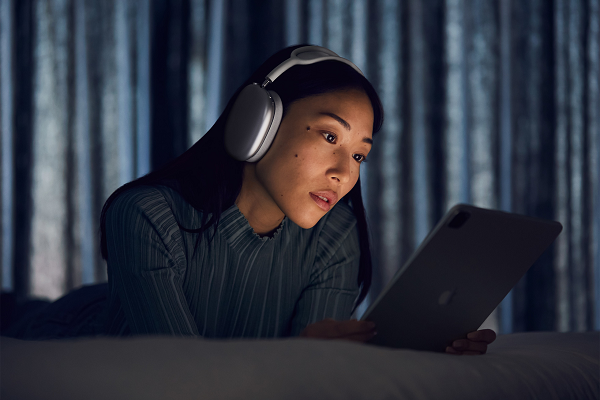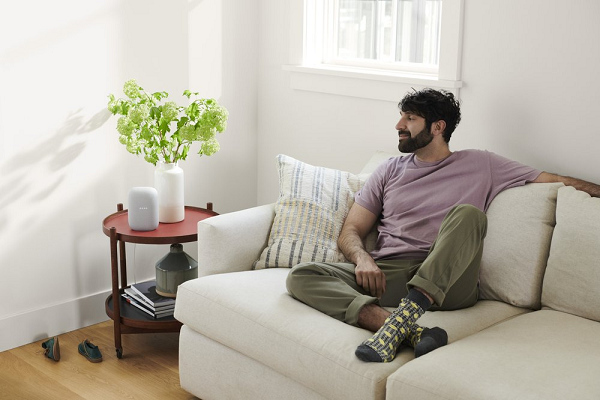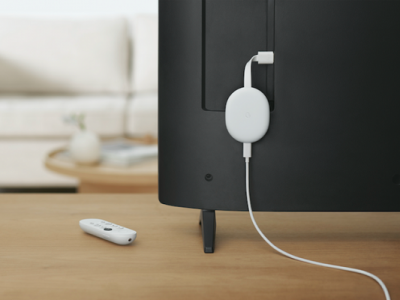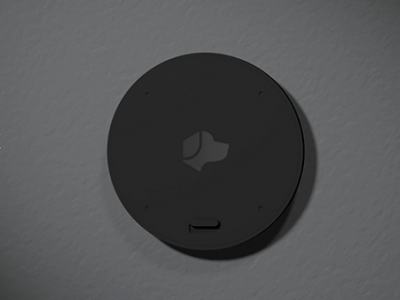

Google has unveiled the chipset built in-house for that upcoming Pixel 6 and Pixel 6 Pro smartphones. The new Tensor chip will replace the Qualcomm Snapdragon chips installed in Pixel phones until now. Tensor had been code-named Whitechapel so far and will serve to upgrade many of the machine learning aspects of the smartphone, including speech recognition and visual analysis.
Tensor Time
Rumors about Whitechapel happen to be swirling for more than a year, with hints about its power and whether or not this would be employed in Chromebooks in addition to smartphones. Tensor is usually the name Google gives to machine learning hardware, including speech recognition features utilized by Google Assistant. That fits with the way Google is pitching the brand new Pixel phones, with machine learning and AI powering even more of exactly what the device can do than previous versions. Tensor will be key to enabling the devices to process images and videos faster and accurately, with HDR applicable to each frame. You have to it recognition and analysis capabilities from the Pixel, that will include real-time audio translations, among other features. The security from the new chip has also been upgraded, with Titan M2, generation x of the Titan M security chip in the newer Pixels.
So excited to talk about our new custom Google Tensor chip, which has been 4 yrs in the making ( for scale)! Tensor builds from our 20 years of computing experience and it's our biggest innovation in Pixel up to now. Will be on Pixel 6 + Pixel 6 Pro in fall. https://t.co/N95X6gFxLf pic.twitter.com/wHiEJRHJwy
– Sundar Pichai (@sundarpichai) August 2, 2023
“AI may be the way forward for our innovation work, but the problem is we've encounter computing limitations that prevented us from fully pursuing our mission. Therefore we go about creating a technology platform built for mobile that enabled us to bring our state-of-the-art AI and machine learning (ML) to the Pixel users. We attempted to make our own System on a Chip (SoC) to power Pixel 6. And now, years later, it's almost here,” Google senior vice president of devices and services Rick Osterloh explained inside a blog post about Tensor. “Tensor was designed for how people use their phones today and just how individuals will use them later on. As more features are run by AI and ML it's not simply about adding more computing resources, it comes down to by using their ML to unlock specific experiences for the Pixel users.”
Future Processing
Google has always produced some of the Pixel hardware, but the shift from Qualcomm is very large, even when Google restricts the modification to the phones. The choice suggests Google really wants to have more control over its hardware, including more direct competition with the iPhone, which has an Apple-designed chip made by Samsung. Google started building its very own computer chips in 2023 but hasn't thought it was worth the resources to visit independent with this particular hardware until now. Creating a chip is, somewhat, yet another step down the road to the tech giant becoming more independent of other tech firms, particularly in hardware. For the short term, a minimum of, Intel and Qualcomm are unlikely to vanish due to Google's move toward in-house chips. The chip may also be mainly about boosting Google’s capabilities with native services like cameras and Google Assistant. That’s certainly how Bing is describing the arrangement for Pixel. Now you ask , if this is the very first wave of Google dealing with more of its hardware production.
“Tensor enables us to help make the Google phones we've always envisioned – phones that keep getting better, while tapping the most powerful areas of Google, all in a highly personalized experience,” Osterloh wrote. You'll see this in everything from the completely revamped camera system to speech recognition and much more. So whether you’re trying to capture that family photo when your kids won't stand still, or contact a family member in another language, Pixel is going to be there – and it'll become more helpful than ever before.”
















